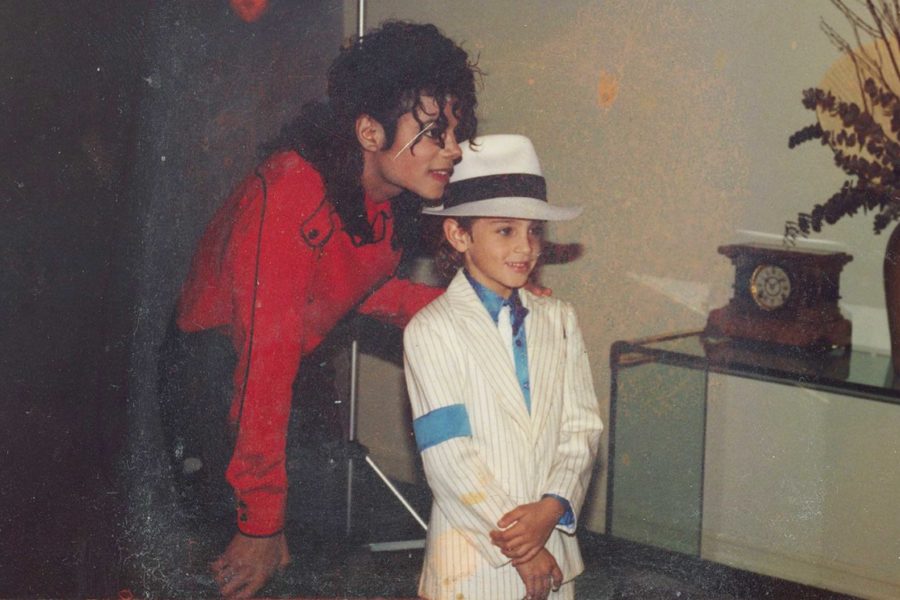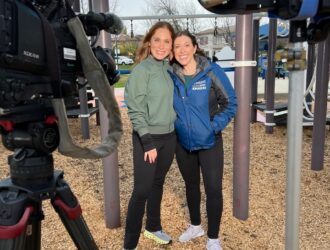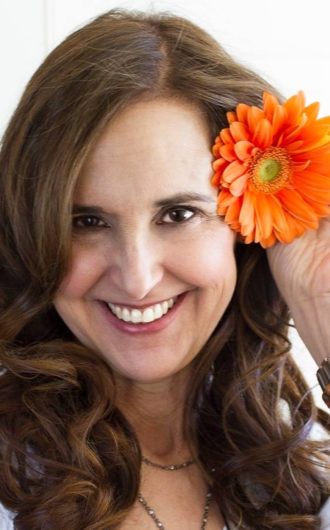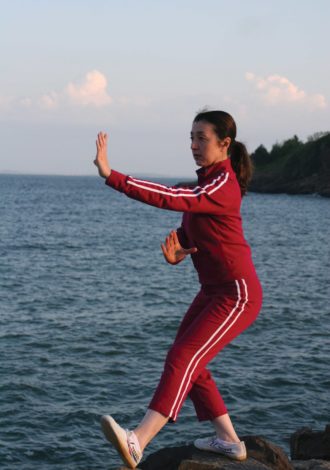Regardless of where you stand on the veracity of Michael Jackson’s accusers in HBO’s documentary “Leaving Neverland,” the film’s interviews provide textbook information on how pedophiles target and manipulate both parent and child to gain the parents’ trust — usually long before they ever inappropriately touch the child.
The no-holds-barred details of the alleged child sexual abuse (CSA) at Neverland Ranch are vital to listen to since children between the ages of seven and 13 are at greatest risk.
However: It’s not an easy topic to delve into. But, if you’re armed with the right information and approach (try these online sources about CSA or these sourced by HBO), you can help protect your child from this devastating long-lasting harm.
“Leaving Neverland” follows close on the heels of the numerous parent and victim statements that convicted USA Gymnastics Association former team doctor Larry Nasser on multiple counts of criminal sexual conduct and possession of child pornography.
Needham, Massachusetts, native and two-time Olympic gold medalist Aly Raisman was among Nassar’s many victims; he began abusing her at age 13.
Despite the recent media attention to CSA, myths persist that pedophiles are creepy strangers who lurk in the shadows, and that children who fall victim to them come from disadvantaged backgrounds.
The facts are starkly different.
“CSA cuts across all socio-economic levels, and affects approximately one in seven girls and one in 25 boys by the age of 18,” says Harvard Medical School and McLean Hospital affiliated child and adolescent psychologist Dr. Cynthia Kaplan, Ph.D. Kaplan co-authored “Fighting Back”, two-time Olympic gold-medalist Kayla Harrison’s book about abuse at the hands of her Judo coach.
In the book, Harrison’s childhood diary entries from age 10 through her teens detail the gradual, insidious, complex and deeply traumatizing relationship pedophiles establish with their child victims.
The sexual and psychological abuse Harrison experienced almost derailed her success and her life.
For years she suffered in silence with what her abuser reinforced as “their special secret.” Even after she’d spoken up to end the abuse and began intensive counseling to heal, Harrison continued to struggle with debilitating behavioral difficulties and suicidal thoughts.
“Kayla’s experience is common for CSA victims,” says Kaplan. “It’s enormously damaging to both victims and their families. CSA’s prevalence is a public health problem and public education about it is inadequate.”
It’s important to know these facts about pedophiles:
- Up to 90 percent of child sexual abuse cases involve an adult who is known by the child, and usually also known by the parents.
- Most, but not all, abusers are male (women are the abuser of boys in 14 percent of cases, six percent in cases that involve girls).
- About one-third of perpetrators are other children, most often older juveniles who know the victim.
- 50 percent of cases that involve a child under the age of six are committed by a close family member.
High profile cases such Raisman’s, Harrison’s and Michael Jackson’s former protégés’ — each of whom had a talent that involved extensive autonomous time training with adults — might tempt a parent to feel that their not-similarly-engaged child is much less vulnerable. Not so, as most children today spend more time than previous generations did with adults who aren’t their parents.
“Whether with a clergy member, coach, tutor, camp counselor, child care worker, teacher, neighbor, friend or relative, children now spend much more time outside their homes with trusted others — time that’s unsupervised by their parents,” says Kaplan.
So, what can you do to keep your child safe?
- Talk to your child about touching that’s okay and not okay, and that no adult should ever ask them to keep a secret.
- You should always feel welcome to stop in unannounced when you’ve entrusted the care or training of your child to someone else.
- Keep close watch if your child begins to act differently — a decline in focus, increased forgetfulness or daydreaming; unexplained exhaustion or sleep changes; appetite/eating changes; anxiety, depression, anger or other behavior changes; age-inappropriate sexual behavior or language; self-harm or substance abuse — but don’t immediately jump to questioning them about possible abuse in the absence of any corroborating evidence.
Questioning your child about suspected abuse is important if you have suspicions. But it’s advisable to involve a child-trauma professional who is trained in age-based interview techniques that are most likely to help your child open up, instead of shutting down or denying the abuse (only about a third of victims will ever disclose their abuse). They also can provide appropriate child and family support services and legal referrals if abuse has occurred.



 3 min read
3 min read



